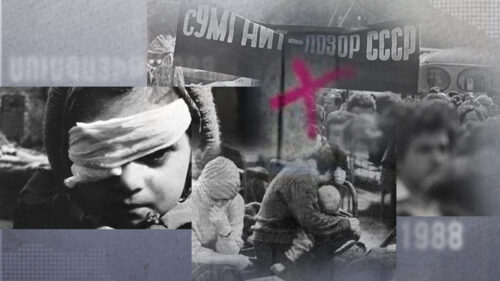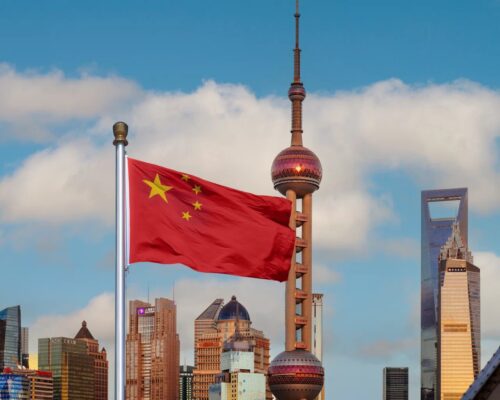
Human Rights Watch: The agreement of the COP29 host country does not contain guarantees for the rights of civil society members
The agreement between the government of Azerbaijan and the United Nations Framework Convention on Climate Change (UNFCCC) for hosting the climate conference COP29, is replete with significant shortcomings and ambiguities on the protections for participants’ rights, Human Rights Watch (HRW) has obtained a copy of this host country agreement, signed in August 2024, which has yet to be made public.
For instance, the agreement states that while conference participants “shall enjoy immunity for legal process in respect of words spoken or written and any act performed by them,” a separate clause requires them to respect Azerbaijani laws and not interfere in its “internal affairs.”
There is no clarity in the agreement about what actions could constitute “interference” with Azerbaijan’s “internal affairs,” and whether Azerbaijan’s laws apply in the UN-run conference zone. Given Azerbaijan’s strict limitations on freedoms of expression and assembly, which violate international human rights law, participants’ actions within the zone could be subject to reprisals outside the zone.
Azerbaijan has a longstanding record of severely limiting free speech and peaceful assembly. It uses abusive laws to paralyze independent nongovernmental organizations and silence dissent.
Host country agreements should be made publicly available and should uphold international human rights law.
Civil society organizations, including Human Rights Watch, have repeatedly called for host-country agreements to be made public for participants to have confidence that their rights will be protected when attending climate conferences. Last year, Amnesty International obtained a copy of the COP28 agreement between the government of the UAE and the UNFCCC, and although some positive elements were included, they concluded that overall human rights safeguards in the HCA were insufficient for participants.
Just weeks before COP29, members of civil society, including activists, journalists and human rights defenders, still lack clarity about the protections in place to ensure their human rights are respected at the conference.
It is regrettable that these agreements are shrouded in secrecy. In the interests of transparency and accessibility, the UNFCCC should publish past, current, and future agreements on its website, HRW wrote.
More urgently, it should publicly call upon the Azerbaijani government to respect its human rights obligations.



